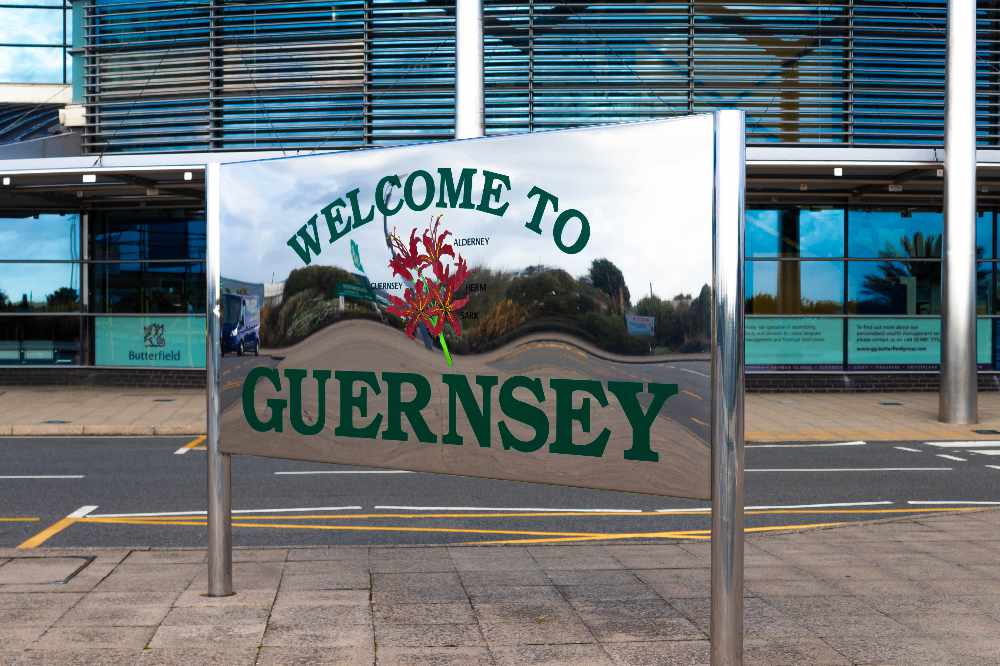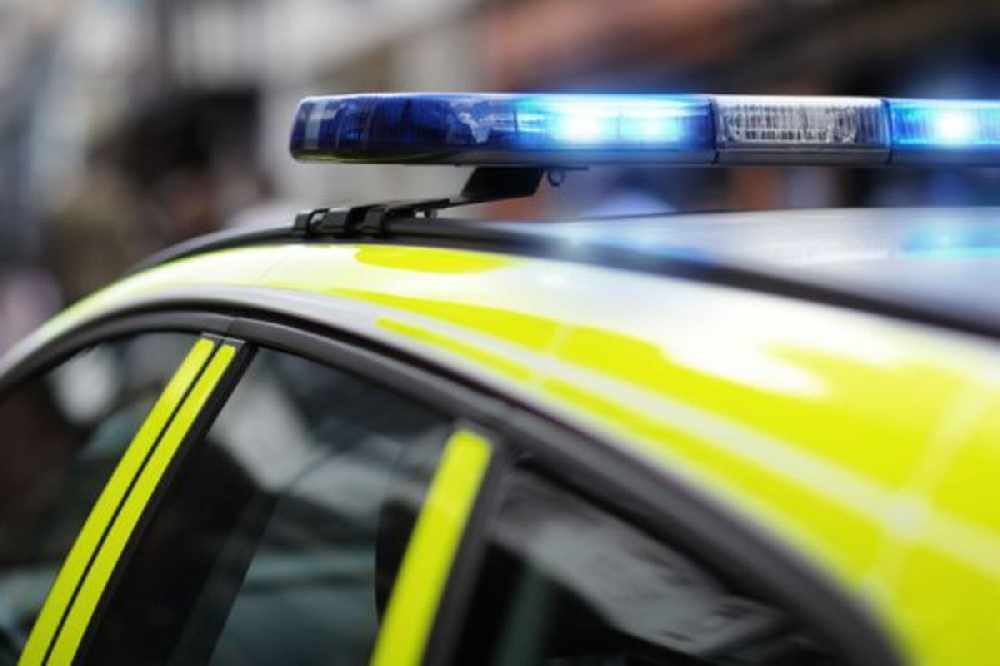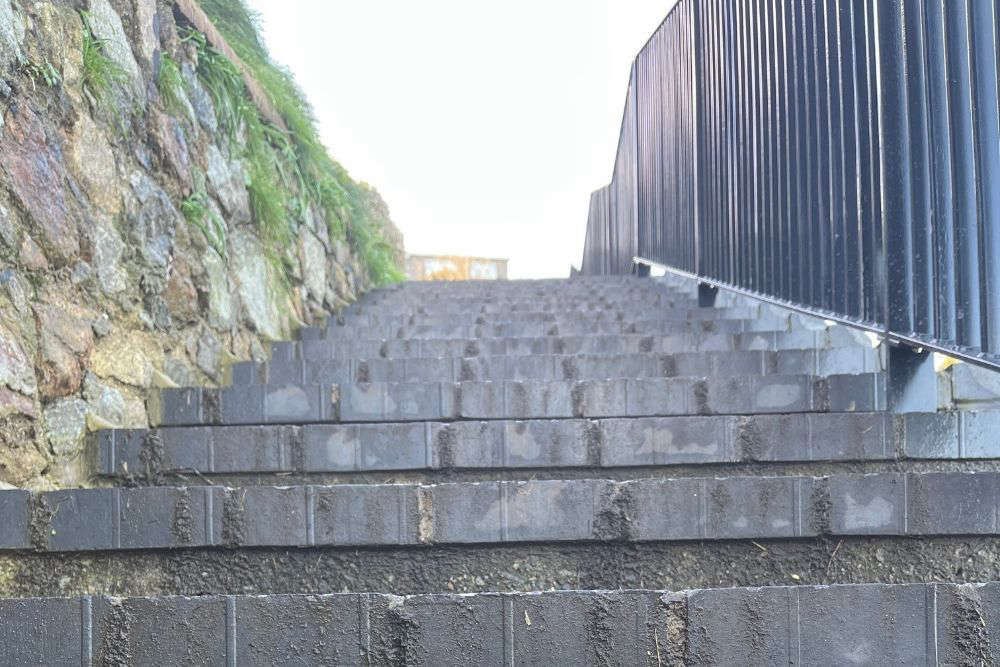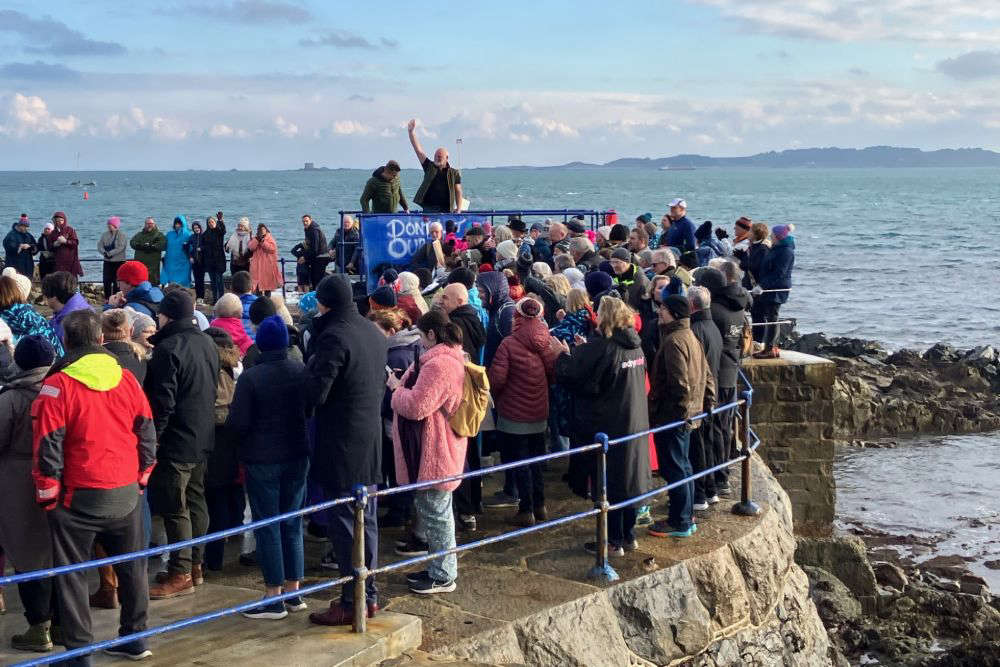
The CCA has confirmed it is going ahead with its easing of some travel restrictions on 1 July, but 12-18 year olds travelling with fully-vaccinated adults will be tested on arrival.
The CCA has agreed that its planned changes should remain broadly the same as previously announced, despite concerns from some members of the community.
That means passengers who have been fully vaccinated at least two weeks before arriving in the Bailiwick from the Common Travel Area, that is the UK, Republic of Ireland Jersey and Isle of Man, or the so-called 'Blue channel' - will be exempt from testing and isolation.
It says the changed rules are in accordance with the latest Public Health and Scientific and Technical Advisory Cell (STAC) advice.
Passengers who are not double-jabbed and everyone who arrives from countries outside of the Common Travel Area will continue to be subject to the quarantine rules that apply to the area(s) they have travelled from under the existing Category 1-4 classifications.
In a change to previously announced policy, 12-18 year olds who arrive here with fully-vaccinated adults after 1 July will now be tested*
Travel rules will continue to be reviewed every two weeks.
The plans had been called into question by the former Chair of the CCA Deputy Gavin St Pier who expressed serious concerns that not testing ALL incoming passengers will allow the virus to spread unchecked in the community.
The CCA says it is conscious that rising cases of the Delta variant in the UK is a growing concern, but it is 'keen to reassure islanders' that the 'probability of a third lockdown, or of health services being overwhelmed, remains very low'.
It says this 'significant move forward is finally possible because of the excellent progress of the vaccination roll-out'.
In a lengthy statement, the CCA explains why it is moving forward with the 'Blue channel':
"The CCA is very aware that this is a significant step forward in reducing dependency on the border restrictions that have been in place since early 2020. They were imposed to protect those in the community most vulnerable to serious illness and death from COVID-19, and to prevent our hospital from being overwhelmed. Border restrictions like this are an emergency measure that significantly impact on individuals’ freedoms, and as such must always have very good justification for being maintained. When the evidence changes, and the nature of the risk changes, it is right to reassess the restrictions and ask if they continue to offer the same benefits.
As more of the population is fully vaccinated, the risk of serious illness and death and the risk of the hospital being overwhelmed continues to reduce. Well over half of all adults (61%) and more 90% of over 50s are currently fully vaccinated, which means the risk to the community is significantly lower than when our current border measures were introduced – even now as the Delta Variant is the dominant variant in the UK.
The current evidence shows us that the vaccine efficacy against hospitalisation for people who have received one or two doses of the vaccine is maintained for the Delta Variant. However, there is some reduced vaccine efficacy against symptomatic infection with the Delta Variant for those who have only had one dose. This was why we are moving forward with greater caution and why the CCA decided on the 11th June to delay the full relaxation of border restrictions originally scheduled for 1st July, instead deciding only to change requirements for fully vaccinated travellers from the CTA. Given nearly all the most vulnerable in our community have had both doses, and given the low level of risk to the community presented by fully vaccinated travellers, the CCA – on the recommendation of Public Health and STAC – is satisfied that it is still appropriate to move ahead with the Blue channel from 1st July."
It says the modelling indicates the difference in risk of moving forward with a Blue channel for fully vaccinated travellers on July 1st versus early or mid August is 'extremely small' and that 'living responsibly with Covid will always be about minimising and managing the risks.
"Even after all of the adult population is vaccinated there would still be the risk of outbreaks, but it is likely that such outbreaks would be manageable and their impact relatively low, especially compared with the outbreaks that precipitated lockdowns."
The CCA has also refuted Deputy St Pier's suggestion that the decision not to test all incoming passengers is because Guernsey does not have the capacity to do so, calling them 'totally incorrect'. It says 'the clear advice is that testing fully vaccinated arrivals would be disproportionate'.
"The States of Guernsey has invested significantly in a testing system and the necessary in-house expertise that compares very favourably with other jurisdictions. The States can carry out in the region of 2,000 PCR tests a day, as well as targeted lateral flow surveillance testing, and could apply some of the PCR capacity to testing fully vaccinated arrivals if this genuinely were a more effective use of tests. However, the testing capability is far more effectively used in testing unvaccinated arrivals from categories 2, 3 and 4, for additional surveillance testing, testing of returning travellers who work in specific higher-risk settings (such as healthcare or educational settings) and testing of symptomatic cases."
The CCA will hold its next regular live Covid-19 briefing on Friday 25th June at 1pm.
*Travel rules for under-18s:
The Civil Contingencies Authority has agreed this week the travel requirements that will apply for under-18s from 1st July, when changes to the Bailiwick’s border restrictions come into effect. The CCA has agreed that when arriving from the Common Travel Area the following rules will apply:
Children 11 years and under travelling with fully vaccinated adults:
• No testing or isolation requirements
Children and young people aged 12 to 17 travelling with fully vaccinated adults:
• Self-taken swab on Day of Arrival
• Isolation until the result of the Day of Arrival test
• Day 7 test through scheduling
• Passive follow-up between result of Day of Arrival test and result of Day 7 test
For children who are travelling with adults who are not fully vaccinated (or where at least one of the adults in the travelling group is not fully vaccinated), the rules for the child are the same as they are currently, and will depend entirely on which category country or region they have travelled from.
Similarly, for children who are travelling from outside the Common Travel Area, the current categorisation of regions and countries and the associated testing and self-isolation requirements will continue to apply (in the same way that they apply for all travellers).
Unaccompanied minors travelling to the Bailiwick are very few, but they or their parents/guardians should contact Public Health to discuss the specific circumstances of their journey.
All children who travel into the Bailiwick and wish to enter an educational setting within 14 days of their arrival will need a to have a swab taken, and a negative COVID-19 test on this swab, 48 or less before they enter that educational setting. This will also be a requirement for any staff returning to education settings in the 14 days after arriving in the Bailiwick.




 Petrol bomb thrown into private driveway
Petrol bomb thrown into private driveway
 Guernsey inspired art installed on steps to Cow's Horn
Guernsey inspired art installed on steps to Cow's Horn
 Lack of transparency over diving board slammed by Guernsey deputy
Lack of transparency over diving board slammed by Guernsey deputy





